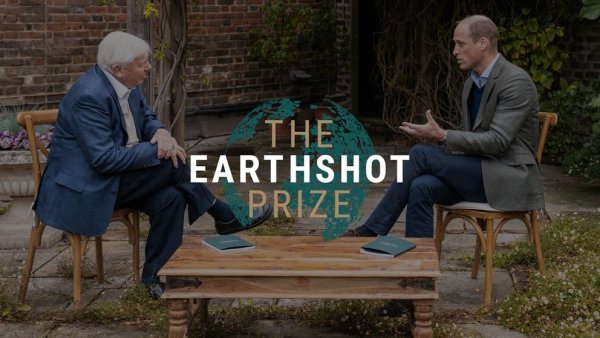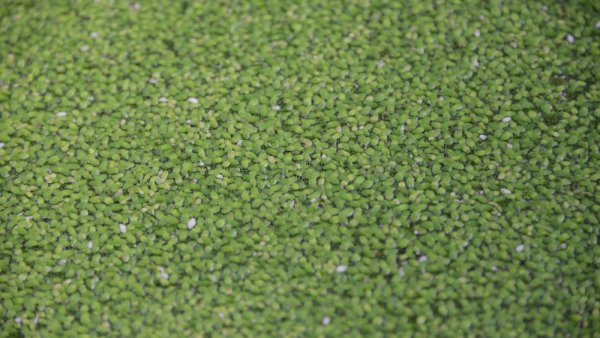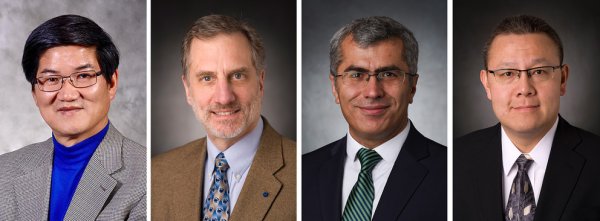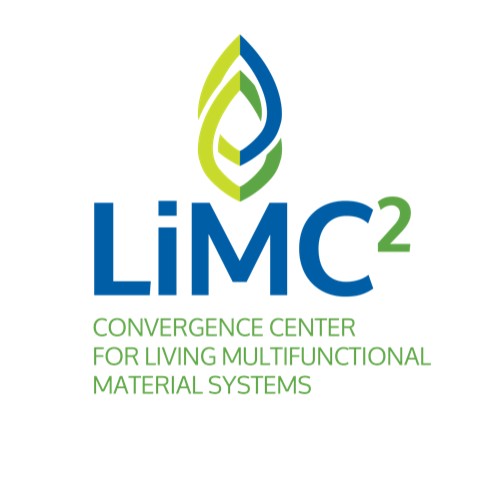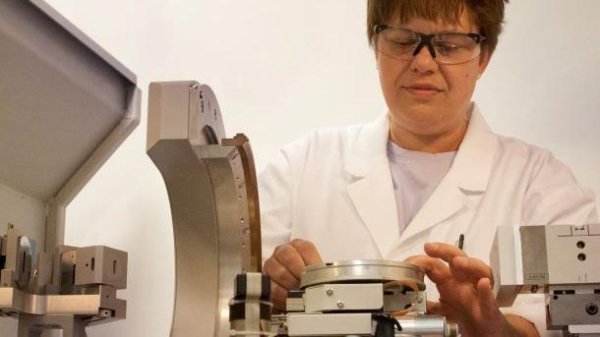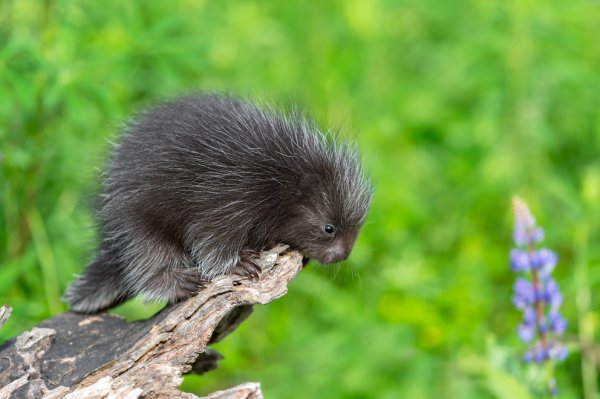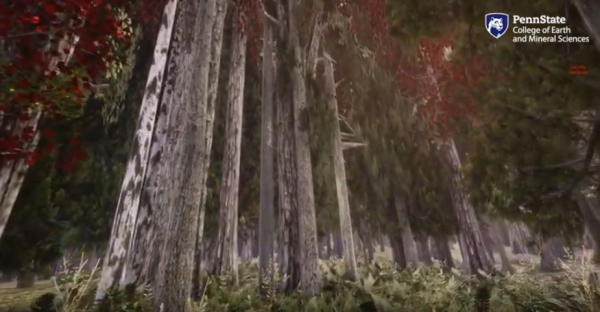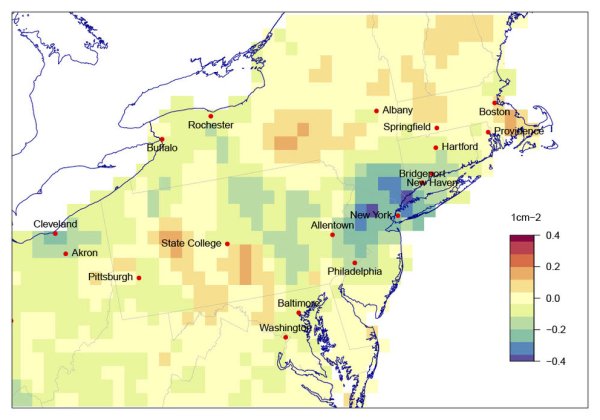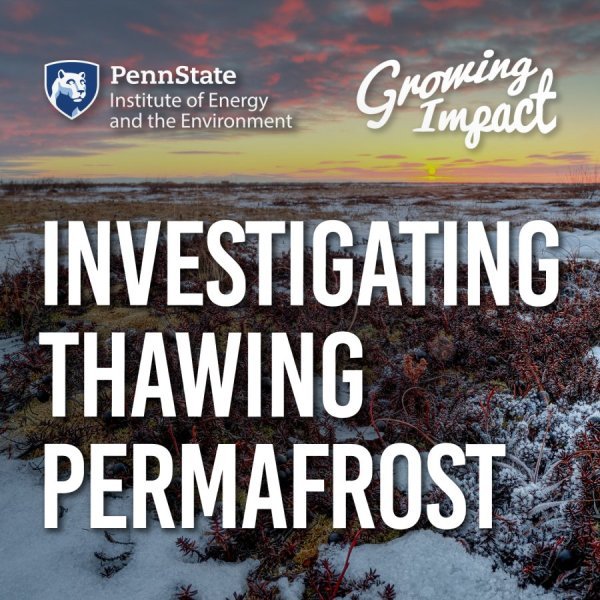Penn State seeks nominations for Earthshot Prize for environmental solutions
| news.psu.edu
In an effort to identify strong examples of promising solutions to environmental challenges, Penn State faculty and staff are encouraged to either self-nominate or to nominate other researchers or projects for the Earthshot Prize, by the internal deadline of Dec. 17.
University endorses climate change letter to world leaders
| news.psu.edu
Penn State was one of 37 international universities that endorsed a letter drafted by the International Universities Climate Alliance that urged world leaders to protect humankind from climate change.
Researchers aim to 'upcycle' nutrient waste on farms using duckweed
| psu.edu
With a $1.7 million grant from the National Science Foundation, Penn State researchers will investigate how duckweed could be grown on Pennsylvania farms to limit nutrient pollution into the Chesapeake Bay.
Four College of Engineering faculty named to 2020 Highly Cited Researchers list
| news.psu.edu
Four faculty members in Penn State’s College of Engineering were recently recognized as “Highly Cited Researchers” by the Web of Science Group in 2020.
New funding program to help advance living multifunctional materials
| news.psu.edu
The Convergence Center for Living Multifunctional Material Systems has announced the inaugural Living Multifunctional Materials Collaborative Research Seed Grant Program 2021, aimed at advancing the discovery of sustainable materials that are biological or inspired by biological principles.
Seven Penn State faculty named AAAS Fellows
| psu.edu
Seven Penn State faculty members in areas ranging from atmospheric science and engineering to medicine and computer science have been named fellows of the American Association for the Advancement of Science, the world’s largest general scientific society. This year a total of 489 individuals are being recognized with this lifetime honor, bestowed by their peers, for their extraordinary achievements in advancing science.
MRI grants to seed exploration of transformative materials research
| psu.edu
The Penn State Materials Research Institute (MRI) is offering a variety of seed grants to enable University faculty to establish new collaborations with partners outside their own units for exploration of transformative ideas for high-impact research.
Spring symposium, seed grants to promote transdisciplinary biodiversity research
| news.psu.edu
The Sustainability Institute at Penn State is hosting transdisciplinary symposia on biodiversity throughout the spring 2021 semester. The virtual series, "Mainstreaming Biodiversity in the Decade of Action," aims to expand collaborative networks and to inspire creative strategies to promote biodiversity in urban, agricultural and natural areas in order to improve human and ecological health and well-being.
Virtual seminar offers inside view of challenges to diversifying geoscience
| news.psu.edu
Vernon Morris, professor of chemistry and environmental sciences at Arizona State University and a leading proponent of the #notimeforsilence call to action, will discuss challenges to achieving equitable representation in the geosciences at 4 p.m. Monday, Nov. 23. The talk will be broadcast via Zoom: https://psu.zoom.us/s/767635597.
Biochar from agricultural waste products can adsorb contaminants in wastewater
| news.psu.edu
Biochar — a charcoal-like substance made primarily from agricultural waste products — holds promise for removing emerging contaminants such as pharmaceuticals from treated wastewater. That’s the conclusion of a team of researchers that conducted a novel study.
Virtual reality forests could help understanding of climate change
| news.psu.edu
The effects of climate change are sometimes difficult to grasp, but now a virtual reality forest, created by geographers, can let people walk through a simulated forest of today and see what various futures may hold for the trees.
Air quality data during COVID-19 may help improve models, guide interventions
| news.psu.edu
The measures instituted in April to help curb the spread of COVID-19 across the United States may hold clues for improving air quality. Researchers examining the effects of the pandemic on two key pollutants found that as individuals limited their travel, levels of nitrogen dioxide fell significantly while levels of fine particulate matter rose in certain parts of the country.

